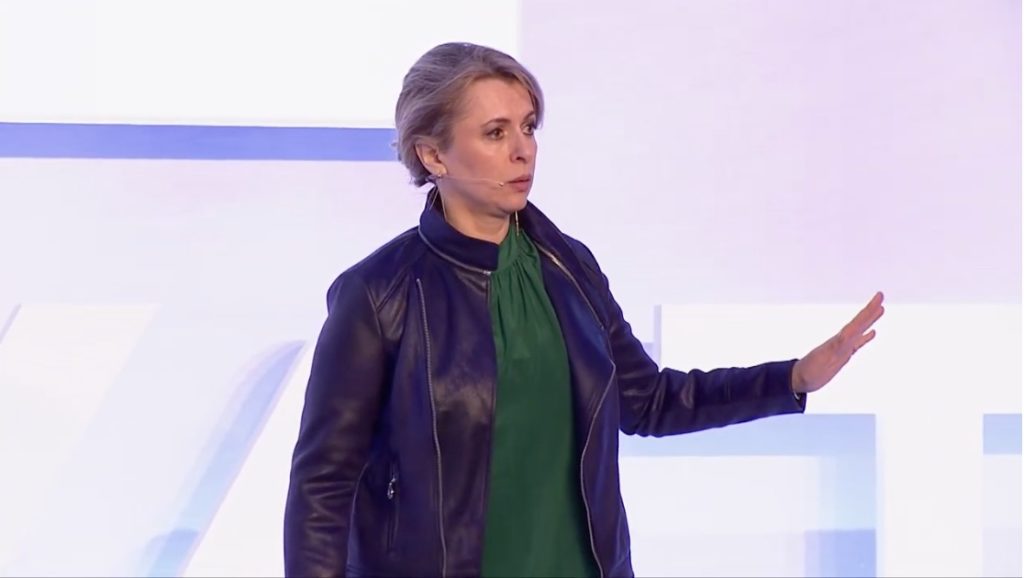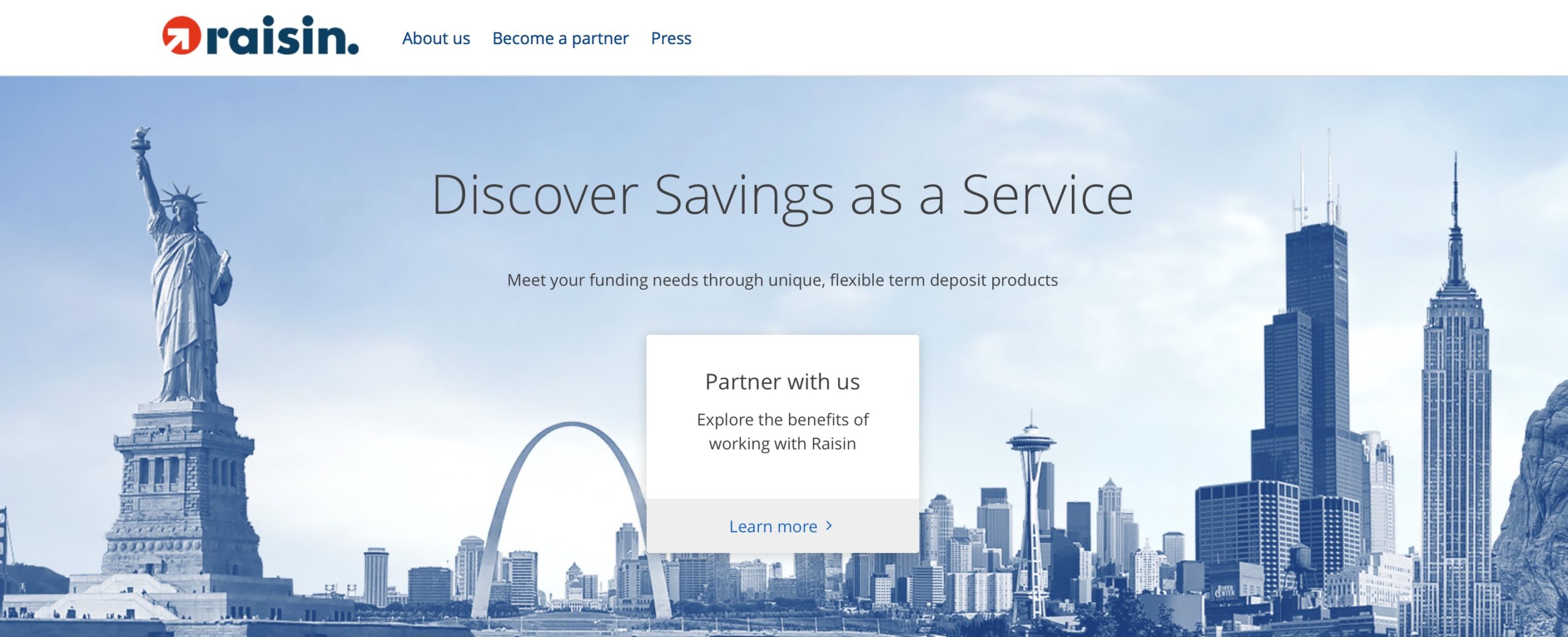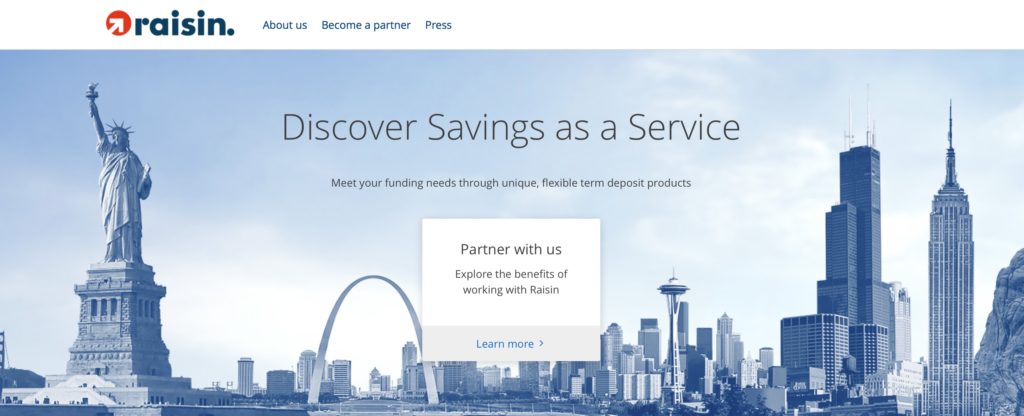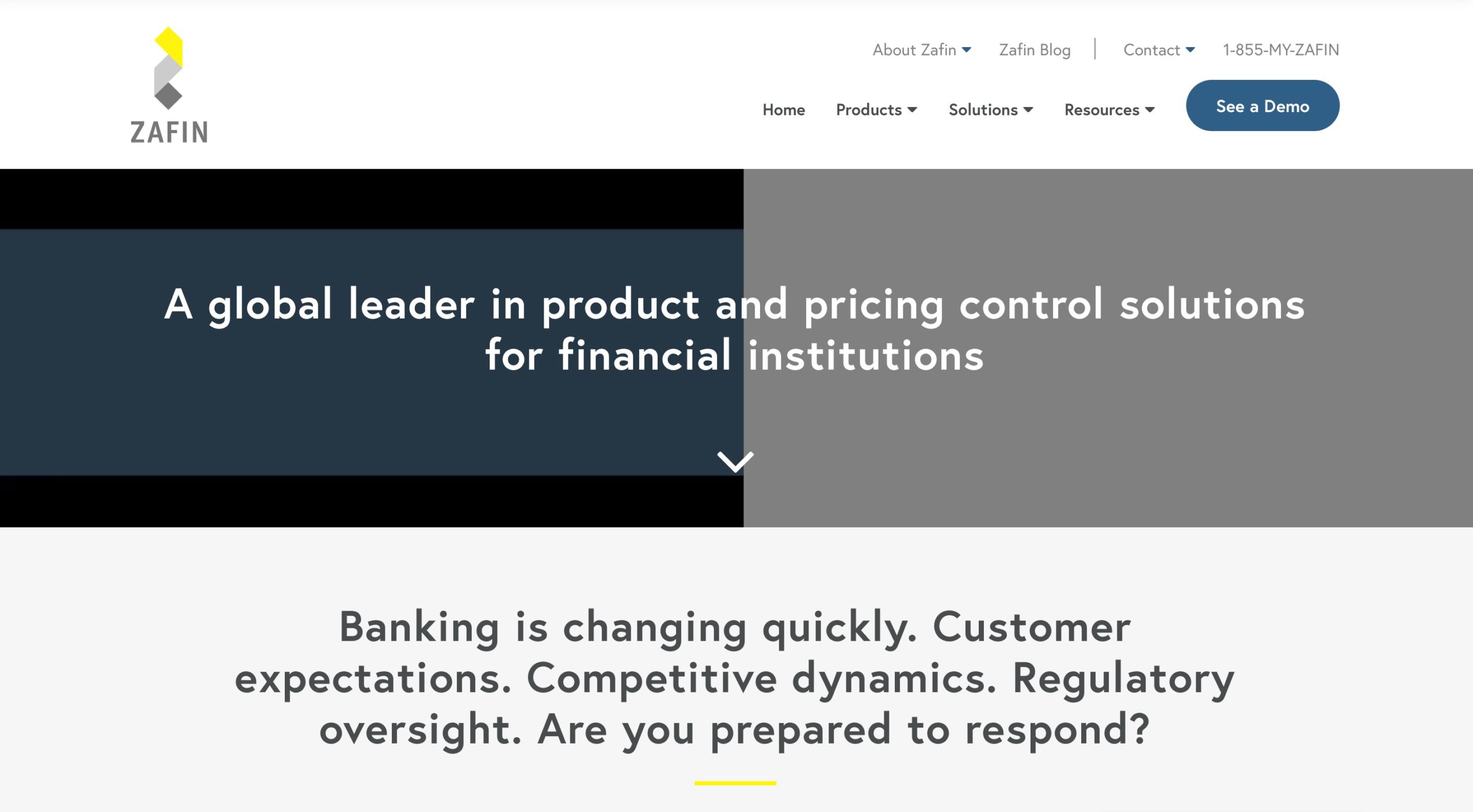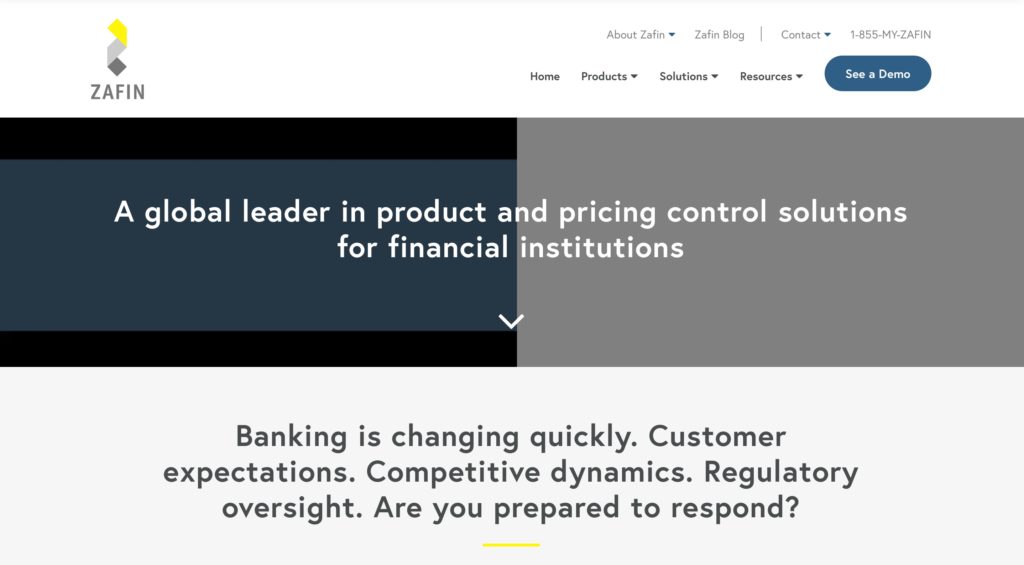
China is dominating geopolitical headlines – from the country’s unique challenge with COVID-19 to tensions with Hong Kong and the United States as Chinese leaders gather for the country’s annual National People’s Congress.
But fintech observers would do well to consider developments in China’s neighbor to the southwest, India, whose fintech sector continues to challenge China’s in terms of investment.
In the first quarter of 2020, fintech investment in India again outpaced fintech investment in China. GlobalData, a data and analytics company, released an analysis this week that showed Q1 2020 fintech investment in China came in at “approximately $270 million” while, in India, fintech investment in the first quarter of this year topped $330 million. GlobalData analyst Ayushi Tandon noted that the global pandemic had played a role in dampening VC enthusiasm for fintech investment overall this year so far, and that India had benefitted on a relative basis from this easing of investor passions.

Deal volume showed the same preferences in the first quarter, with 26 deals closed in China in Q1 compared to 37 deals in India.
VC investment in the two countries differed in terms of startup maturity and sub-sector, as well. In China, there has been more investment in cross-sector fintech startups that were looking to scale. In India, payments and lending were the top sectors, and seed funding dominated the quarter’s investments. GlobalData’s report noted that fintechs involved in analytics were the biggest recipients of VC funding in both nations.
India’s fintech industry certainly had the wind in its sails coming into this year. According to research from Accenture, investment in Indian fintechs grew from $1.9 billion over 193 deals in 2018 to $3.7 billion over 198 deals in 2019. The country began to successfully compete with China in terms of fintech investment last year.
Founded in 2016 and headquartered in London, U.K., GlobalData was formed by a consortium of established data and analytics providers. Covering a wide range of industries – from banking and payments to insurance, aerospace, and technology – GlobalData serves financial institutions, government agencies, and corporations, providing thought leadership and analysis, as well as proprietary analytic frameworks to help them make data-driven decisions.
Here is our weekly look at fintech around the world.
Middle East and Northern Africa
- NEC Payments and stc Bahrain, a telecommunications company based in Bahrain, partner to launch new virtual prepaid Mastercard offering.
- JinglePay, neobank based in Dubai, announces plans for launch.
- Emirates NBD collaborates with proptech startup Urban to offer financing program for property rentals in UAE.
Central and Southern Asia
- Lendingkart, an online lender based in India, raised more than $42 million in Series D funding.
- Indian SME accounting app Khatabook raises $60 million in Series C funding.
- SadaPay, a fintech based in Pakistan, wins approval to launch a mobile wallet.
Latin America and the Caribbean
- Brazil unveils new regulations enabling banks, payments institutions, and other licensed companies to share customer data.
- Koibanx, a fintech based in Argentina, announces plans to expand to Mexico.
- Colombian lender ADDI raises $15 million in round led by Quona Capital.
Asia-Pacific
- Philippines-based mobile wallet GCash to support cashless payments system for taxi service in Manila.
- Samsung Pay and Malaysia-based e-wallet Boost team up to support cashless payments in Malaysia.
- Ant Financial invests $73.5 million in mobile financial services company Wave Money.
Sub-Saharan Africa
- South African business payments platform Peach Payments locks in growth funding with investment round led by UW Ventures.
- Nigerian fintech Carbon goes live with new social banking service.
- CompariSure, a fintech startup from South Africa, raises funding from UW Ventures.






